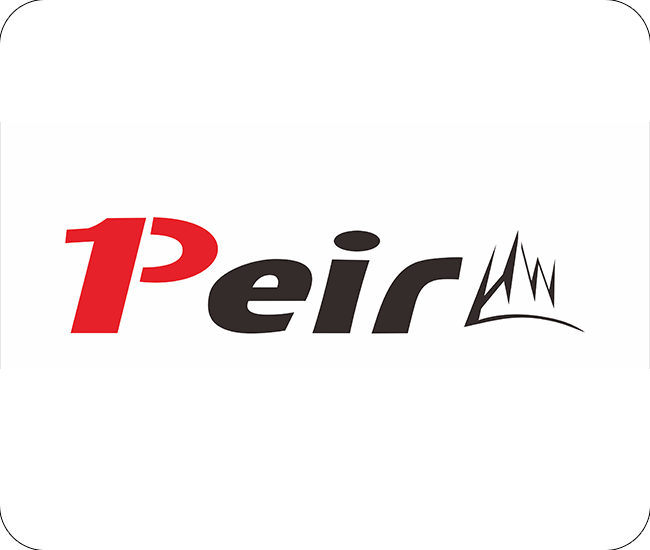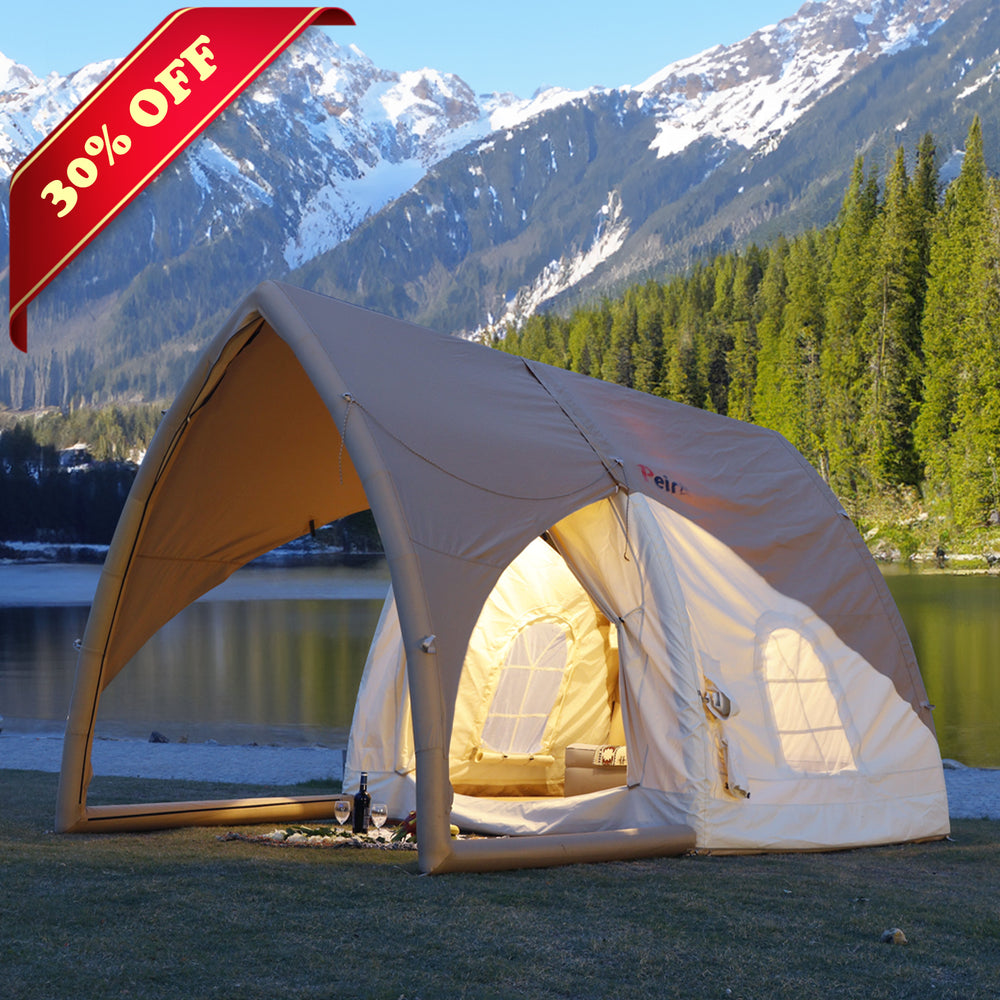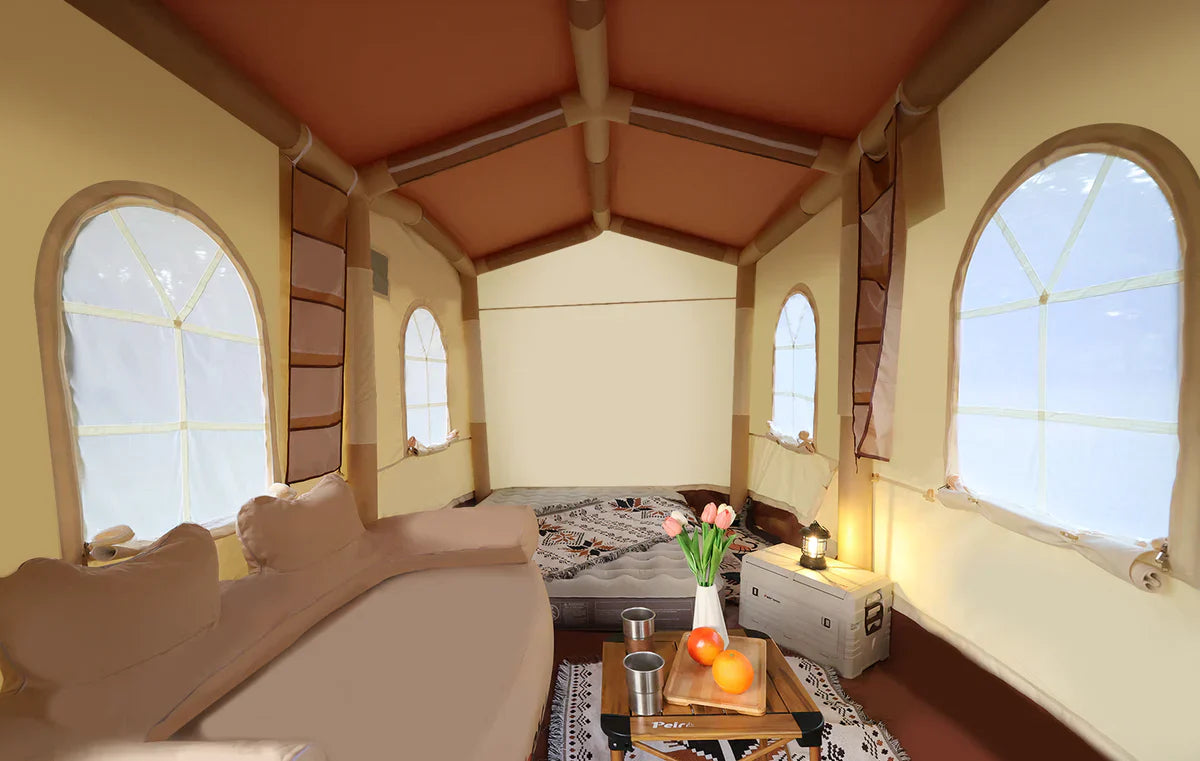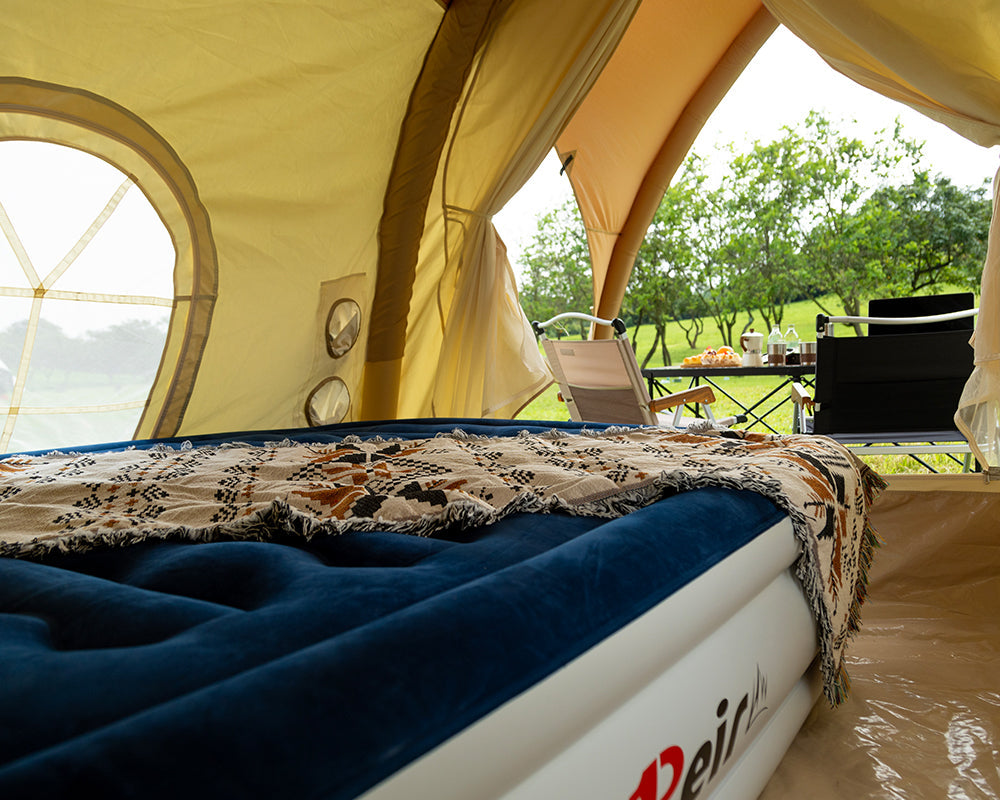When it comes to camping, one of the essential decisions you’ll make is selecting the right tent. Among the various options available, two popular choices are air tents and pole tents. But what are the key differences between air tents and pole tents? Each type offers its unique advantages and considerations, catering to different camping preferences and needs.
Consider factors such as the price range (which can be very different for different people), the camping environment, the number of people you want to accommodate, etc. These factors can lead to varying requirements for a camping tent. With that in mind, we take a look at the two most common types of camping tents: Inflatable Air Tents and Pole Tents. We highlight the pros and cons of each and when you’re done reading this article, you’ll know which option is best for your situation.
What is an inflatable tent?
Inflatable tents and canopies are one of the newest types of portable, temporary structures on the market. The essential difference between inflatable tents and other types of tents is that inflatable tents use air for their support beams rather than plastic, fiberglass or metal. The inflatable beams on inflatable tents reduce weight and allow for a wide range of construction designs that simply couldn’t be practically achieved with plastic, fiberglass or metal support beams.
Most inflatable tent come as a single large unit that is unrolled and inflated using a small to medium-sized air pump. Depending on the type of inflatable tent you’re using, set-up time can vary considerably—though inflatable tents are generally known for their relatively fast and easy setups.
Inflatable Air Tents
Instead of plastic or metallic rods, inflatable tents use air tubes to prop up the tent. The inflatable tubes provide the structure of the tent, hence no need for bulky tent poles. Inflatable air tents are still new in the market and a lot of campers out there have yet to try them out. These minimalist on-demand shelters show a lot of promise due to the many benefits they offer.
Inflatable air tent - Pros
- Inflatable air tents are easy to set up! All you have to do is stretch out the corners and let the air flow. One person can set up an inflatable air tent in just a few minutes.
- Inflatable air tents still have a novelty "coolness" factor.
- Inflatable air tents don’t have any poles, so you don’t have to worry about breakages.
Inflatable air tent - Cons
- Inflatable air tents tend to be more expensive.
- To set up an inflatable air tent, you need an air pump. Check if this is included in your inflatable air tent purchase! (Peirhw includes an air pump with every inflatable air tent purchased.)
- Inflatable air tents tend to be heavier, due to there only being a single large piece.
The biggest advantage of an inflatable air tent is in the ease of setting up. No matter how bad you are at camping, you can never go wrong with an inflatable air tent! You can easily pitch the an inflatable air tent by yourself without experiencing major problems, even with a foot pump. You don’t need to bring another person to help you raise the tent or the other side of the pole.
Pole Tents
A typical pole tent uses metallic or plastic rods to prop up the tent. Just like inflatable air tents, pole tents have their own advantages and disadvantages. For instance, the parts of a pole tent can be distributed between multiple bags, which makes them easier to carry when hiking to your campsite. On the downside, pole tents can be difficult to set up. For instance, you need to thread the poles into the tent and string out the guy lines to keep the tent up.
Pole Tent - Pros
- Easy to carry, you can often fit the tent in your backpack.
- Pole tents are inexpensive compared to the inflatable air tents.
- When it comes to pole tents, you can get a tent as big as you want.
Pole Tent - Cons
- Pole tents can be difficult to set up, probably not a good option if you are going camping by yourself.
- You can get a pole tent as big as you want, but the bigger the tent, the more people you need to pitch it.
- Pole tents tend to sustain damage easily during windy or stormy weather.
Choosing the Right Tent for You
The decision between an air tent and a pole tent ultimately depends on your specific camping preferences and needs. Consider the following factors when making your choice:
1. Cost and Frequency: If you’re a frequent camper or embark on extended trips, the ease and efficiency of an air tent might be appealing and the higher cost may be more worthwhile. For occasional campers, or for those on a budget, a lower-cost pole tent could be a better fit.
2. Portability vs. Durability: Evaluate whether lightweight portability or robust durability is a higher priority for your camping adventures. Air tents are usually heavier, so consider this before purchasing. A small pole tent may be a better option if you’re a backpacker or a campers who is constantly on the move. Both tent types offer great durability, as you as you buy a high quality tent form a reputable retailer!
3. Setup Time and Familiarity: Remember air tents are much quicker to set up than pole tents, but you will need a pump. Our air tents all come equipped with a hand pump for pumping your air beams up, or some people like to use an electric pump for even more speediness! If you’re more of a traditional camper and prefer to stick to what you know, a pole tent may be more ideal.
They are a fairly recent development in the camping world and they’re taking the campsite by storm. This is because they are so much faster to pitch than a standard poled tent. It takes just seconds to set up an inflatable tent. Which means more time for you to enjoy your holiday!






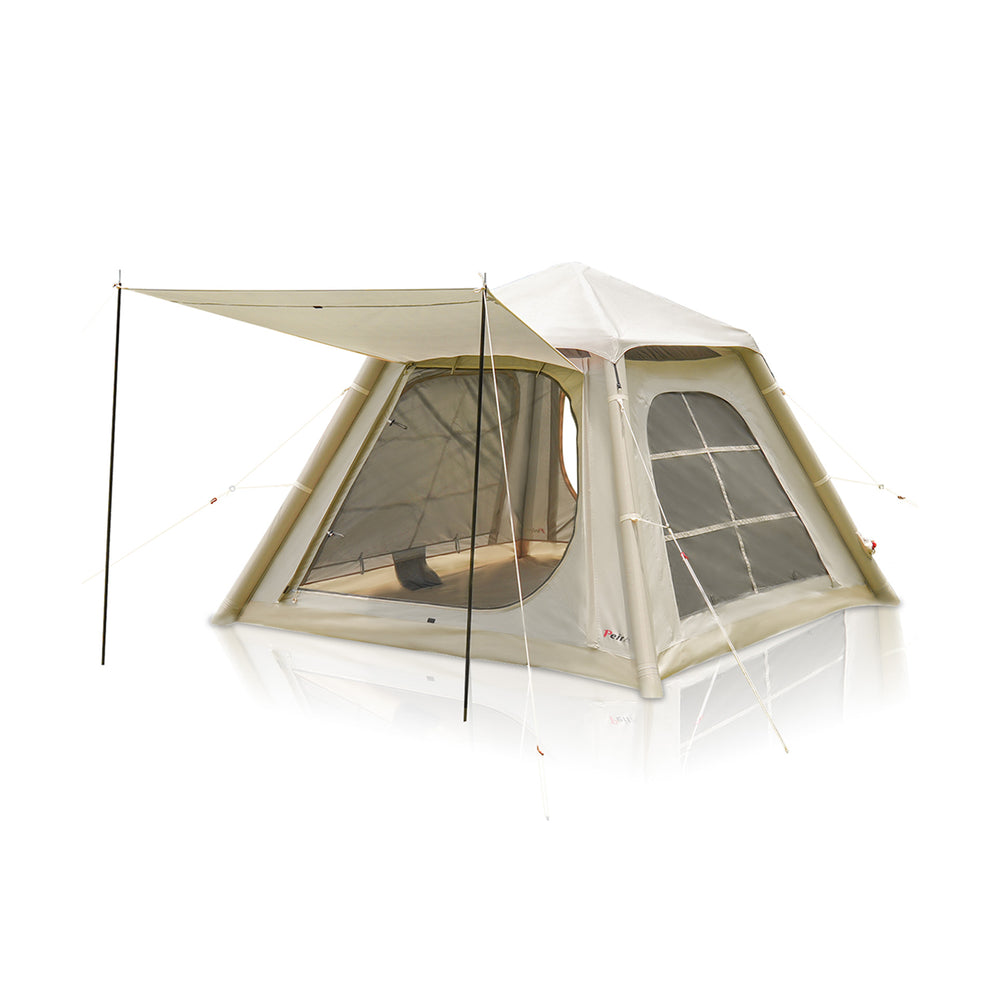
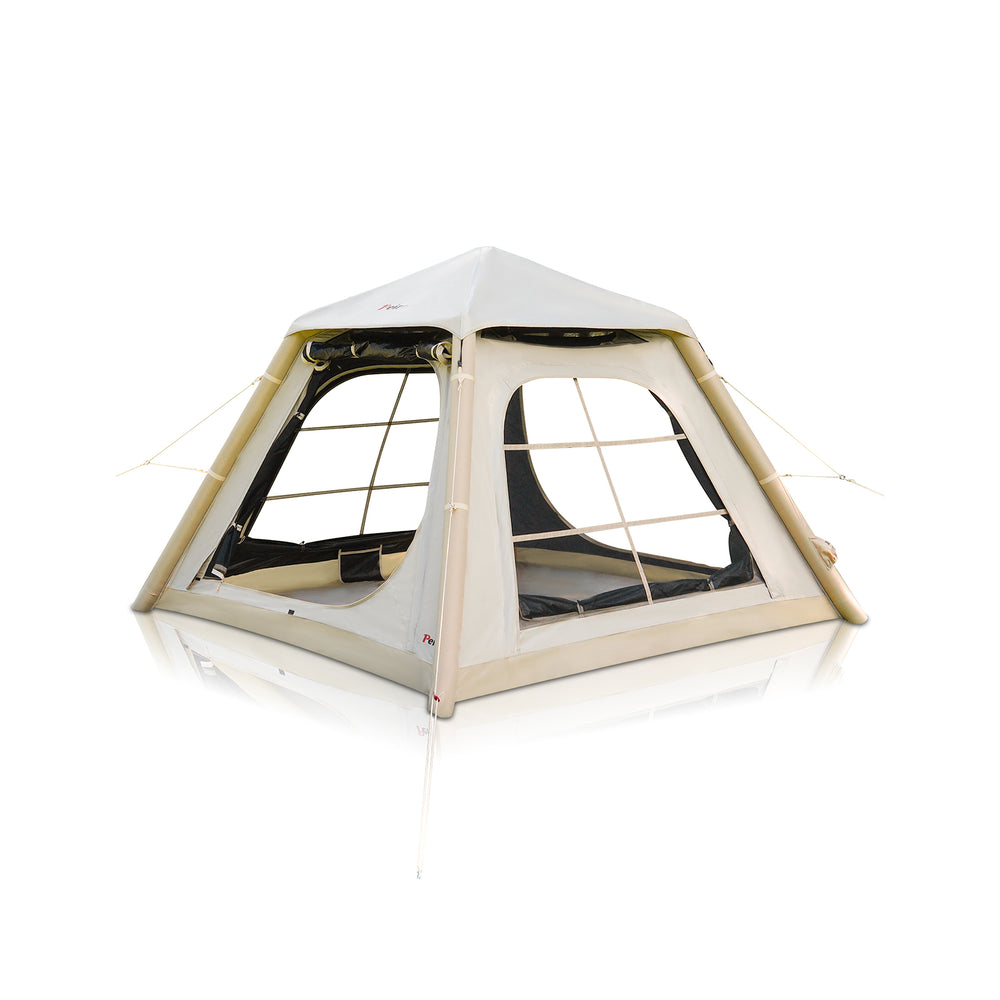
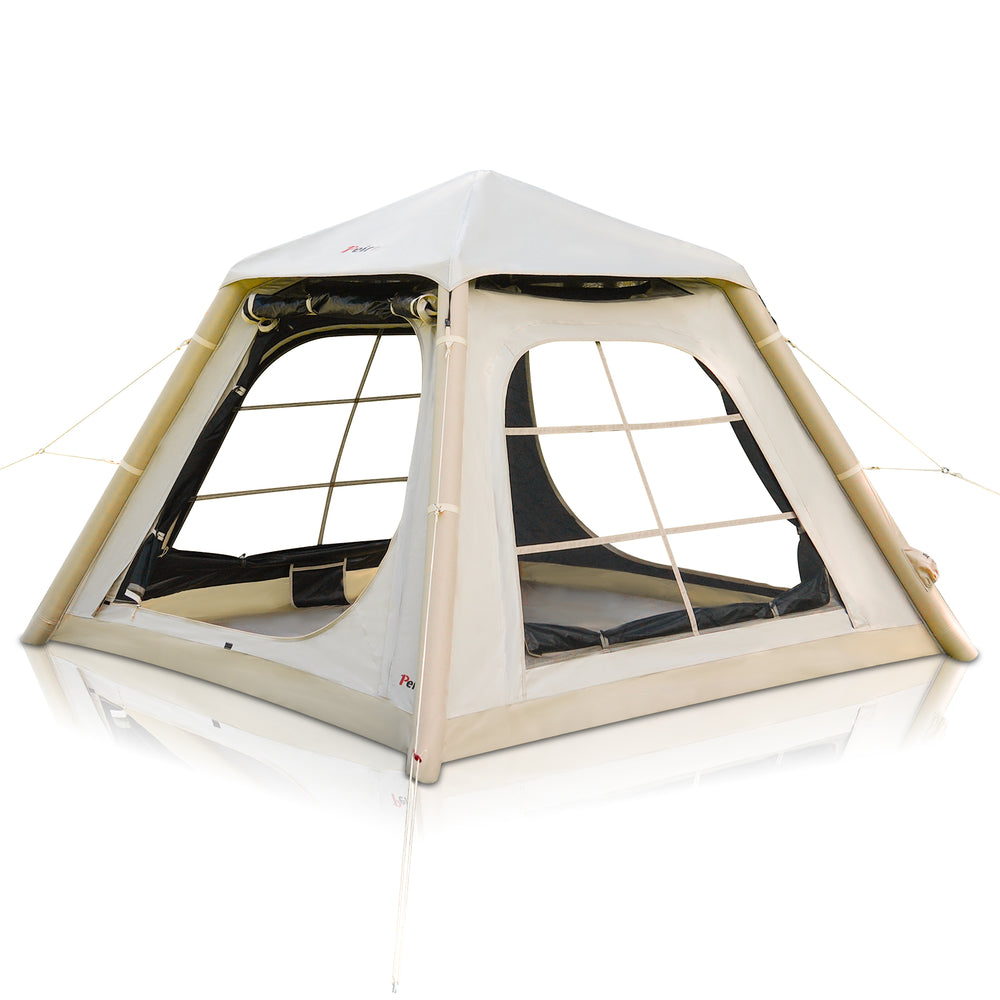
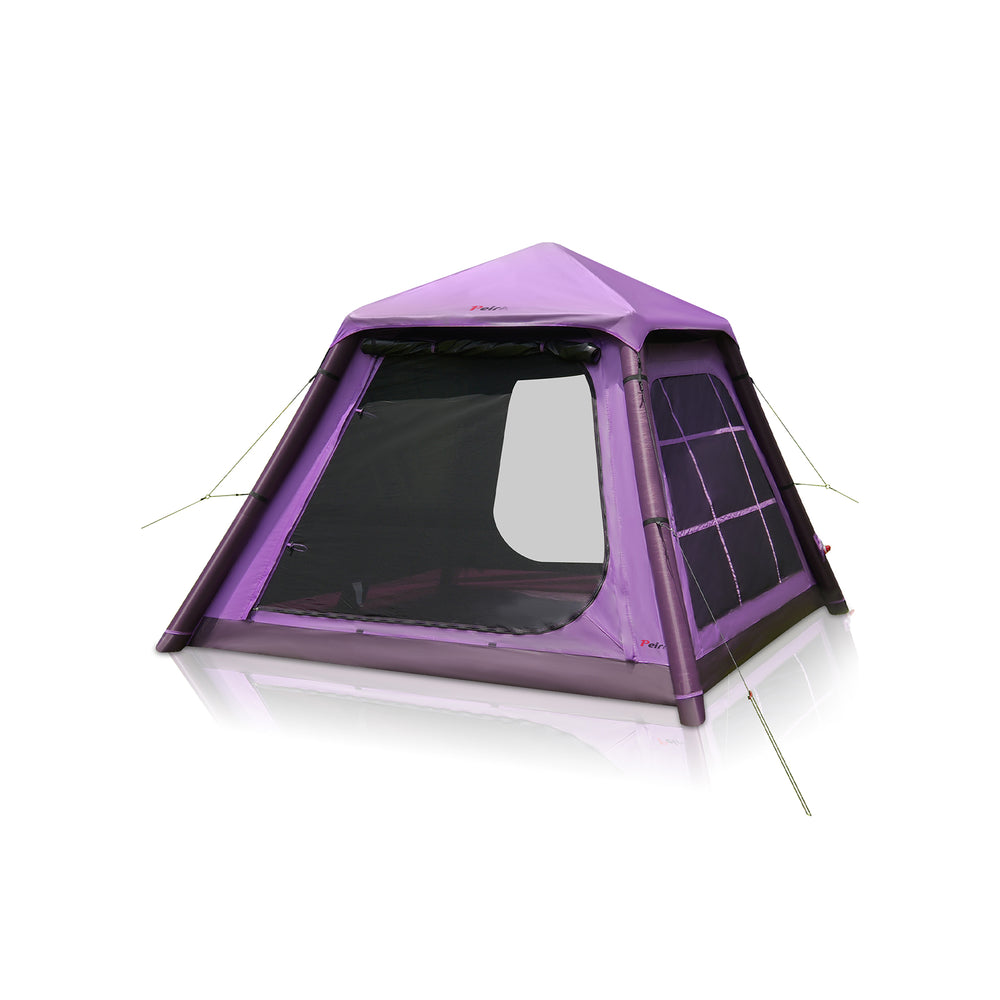


 Peirhw Inflatable House Tent - Starry Night Love
Peirhw Inflatable House Tent - Starry Night Love
 Peirhw Glamping Tents - Friendship Castle
Peirhw Glamping Tents - Friendship Castle
 Peirhw Inflatable Canopy Tent - Adventurer
Peirhw Inflatable Canopy Tent - Adventurer

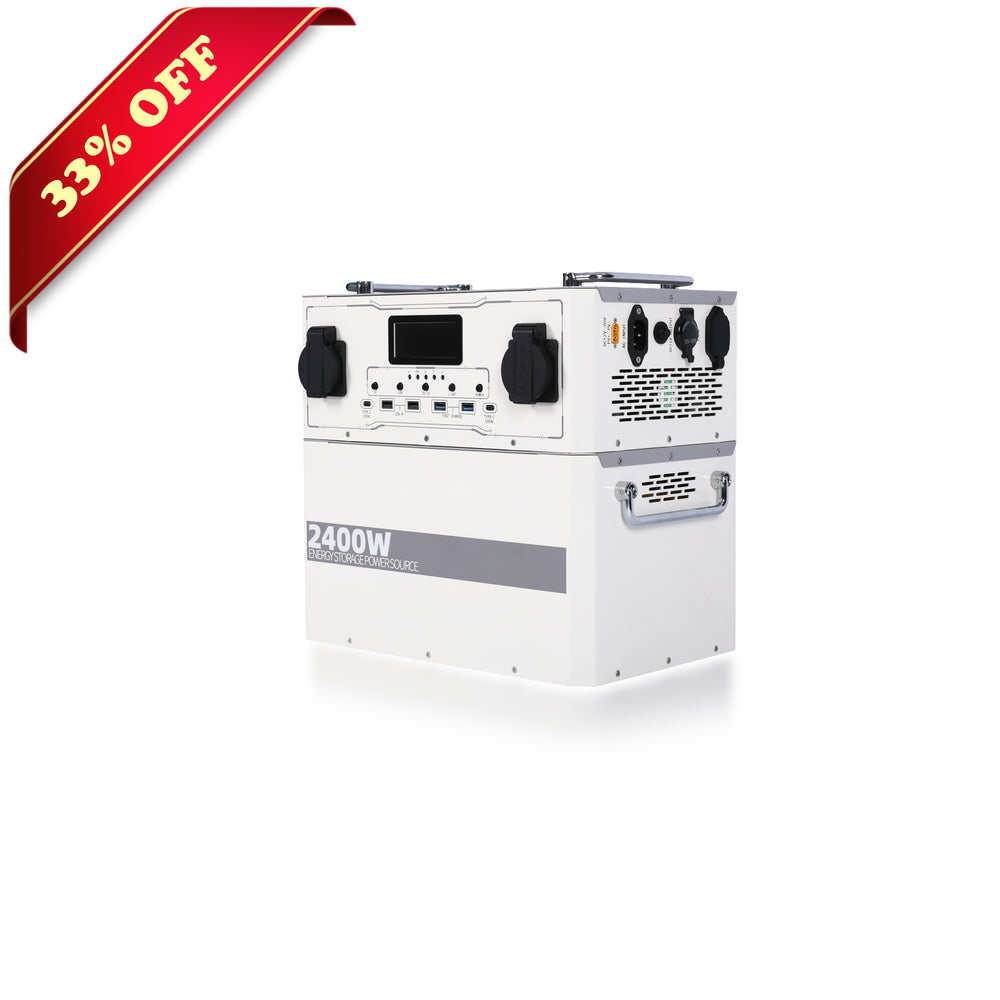
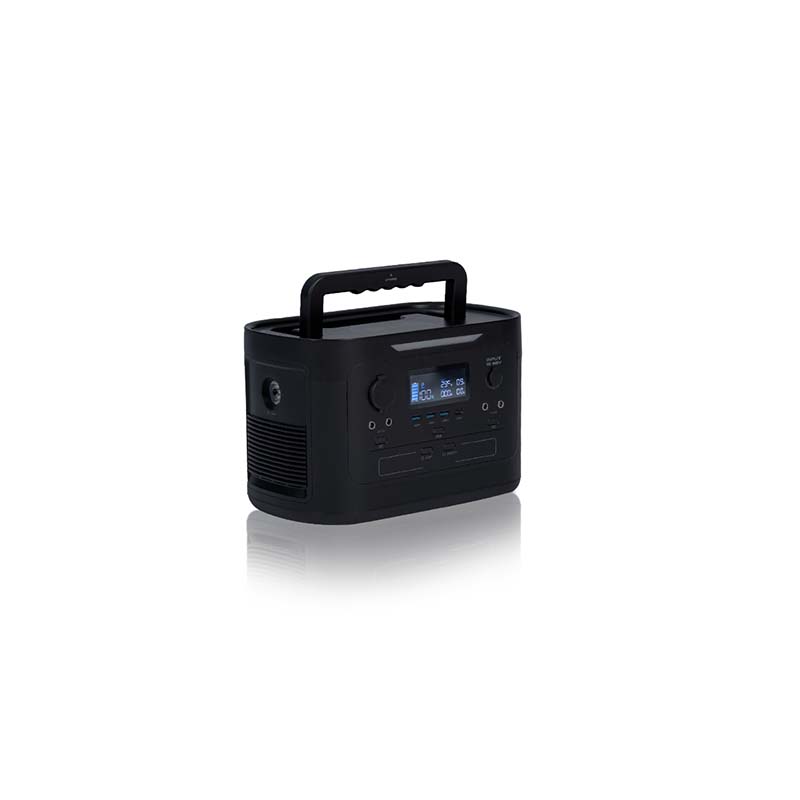
 Peirhw Portable Air Conditioner
Peirhw Portable Air Conditioner
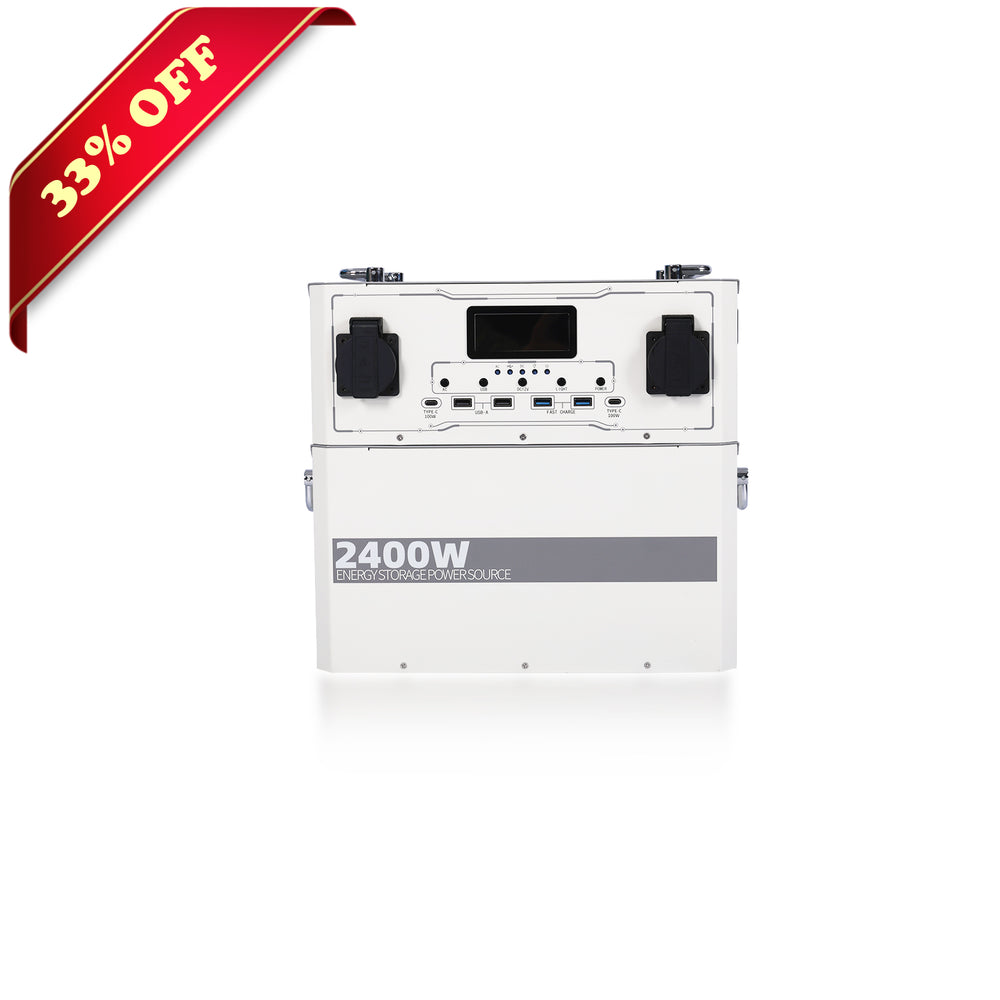 【Advance Sale】Peirhw Portable Power Station 2400W
【Advance Sale】Peirhw Portable Power Station 2400W
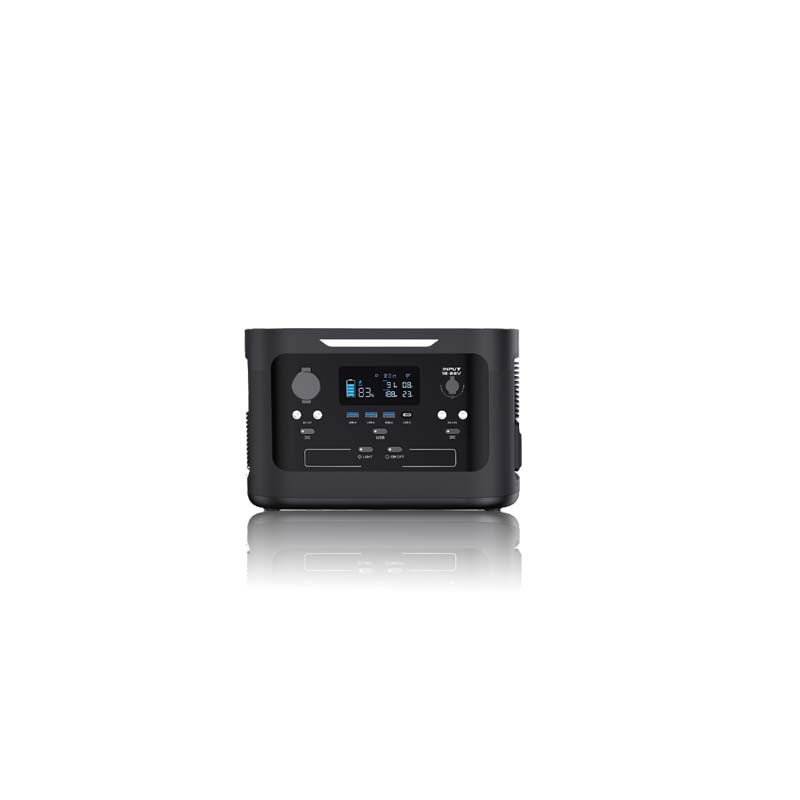 【Advance Sale】Peirhw Portable Power Station 600W
【Advance Sale】Peirhw Portable Power Station 600W

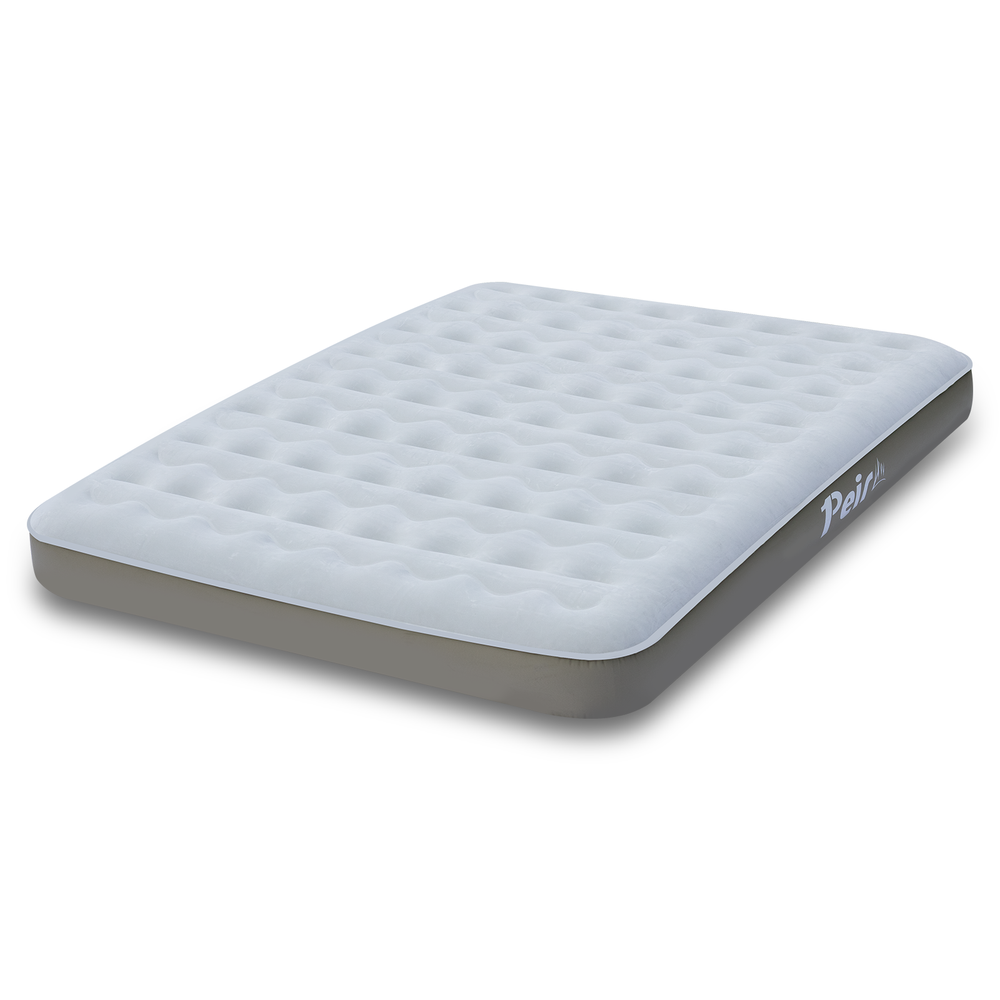



 Peirhw Self Inflating Sleeping Pad
Peirhw Self Inflating Sleeping Pad
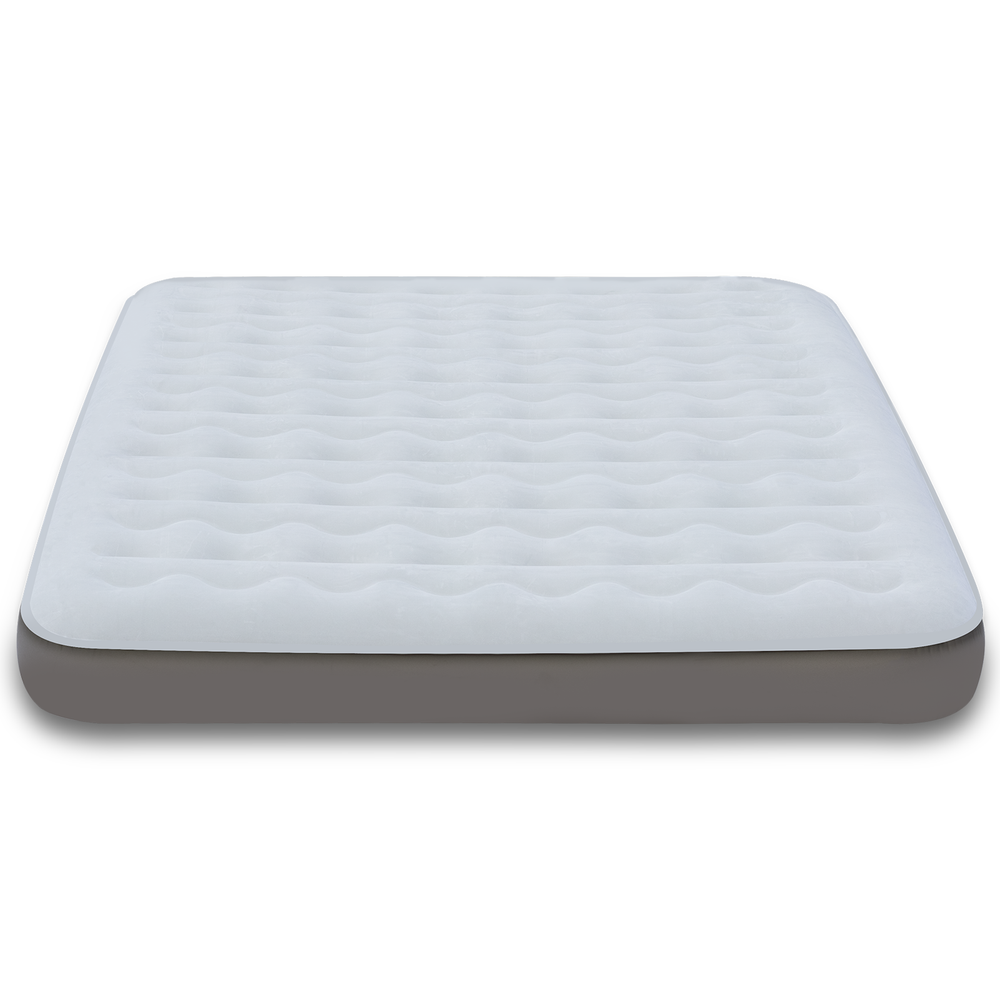 Peirhw Air Mattress (8" Queen Type)
Peirhw Air Mattress (8" Queen Type)
 Peirhw Camping Sleeping Bag
Peirhw Camping Sleeping Bag


 Peirhw Butterfly-shaped Canopy for Camping
Peirhw Butterfly-shaped Canopy for Camping
 Peirhw Camping Waterproof Canopy (Cannot be Purchased Separately)
Peirhw Camping Waterproof Canopy (Cannot be Purchased Separately)

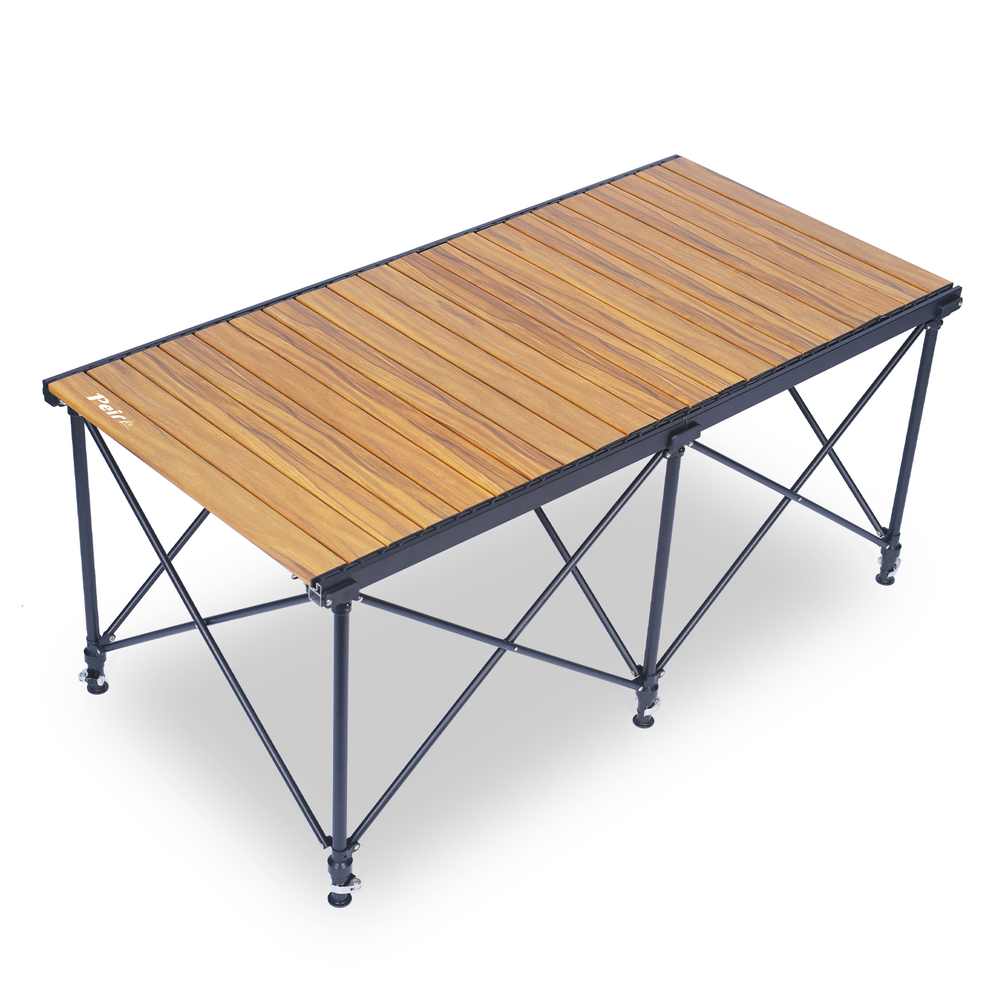
 Peirhw Outdoor Folding Chairs
Peirhw Outdoor Folding Chairs
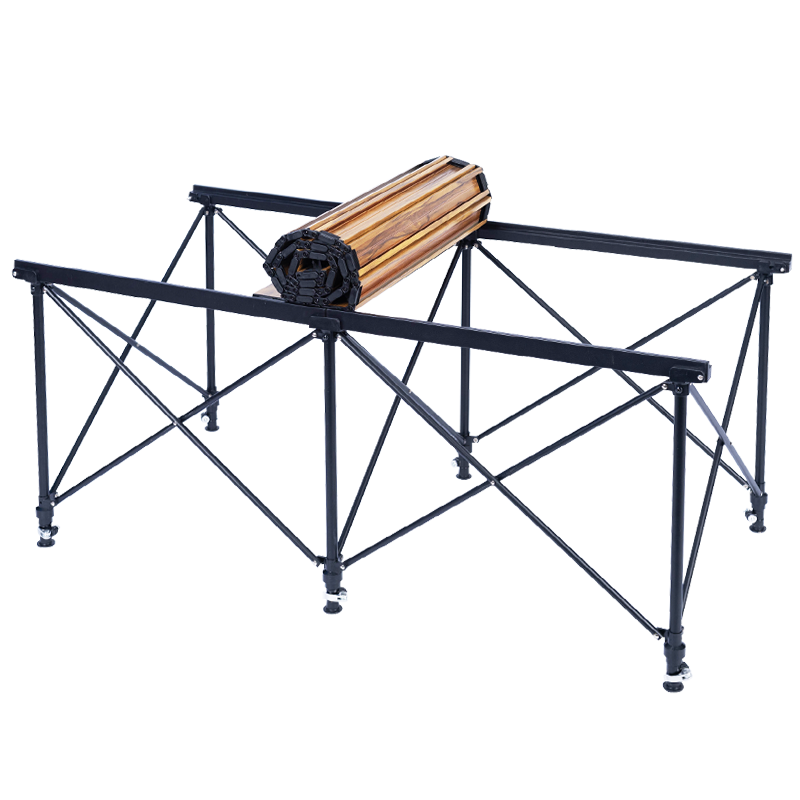 Peirhw Folding Camping Table
Peirhw Folding Camping Table
